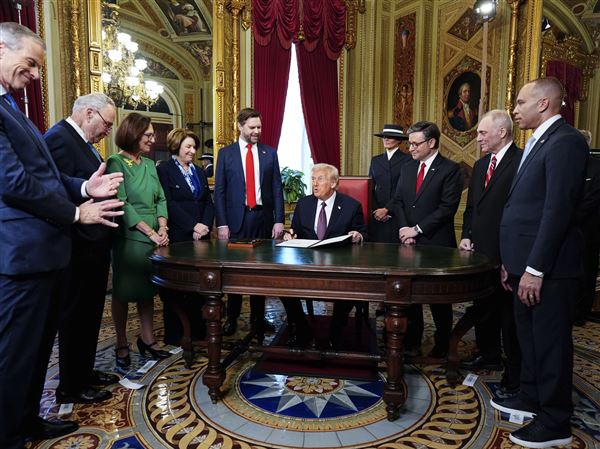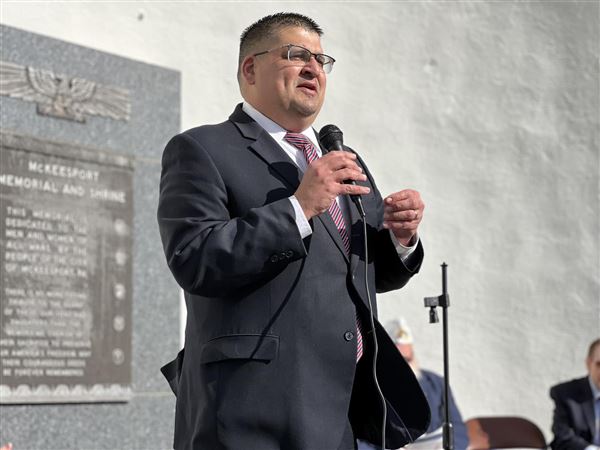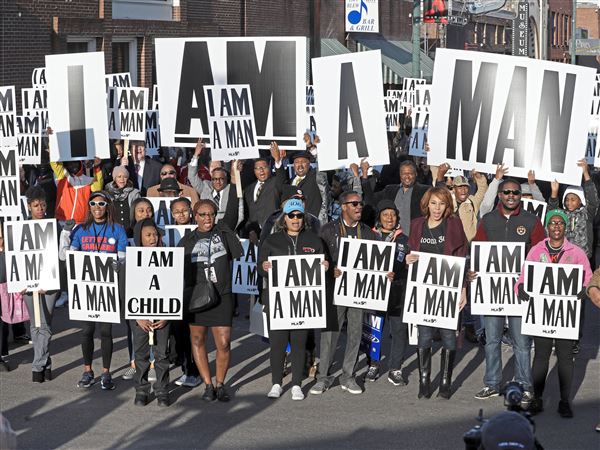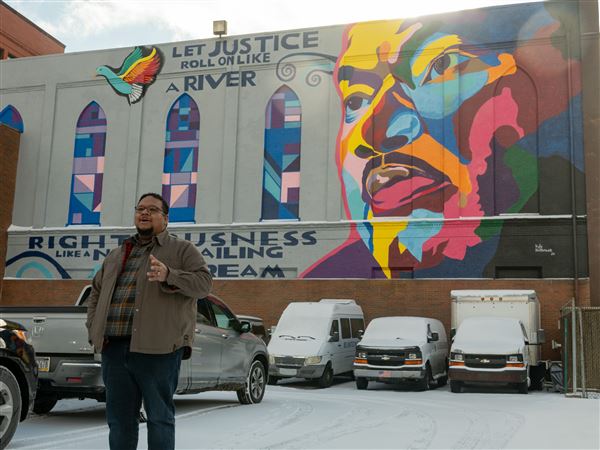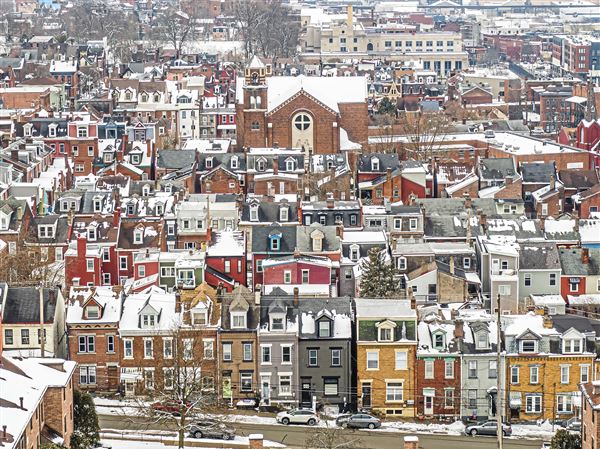The Rev. Mitchell Hescox was “spot-on” in his July 13 Forum piece “Protecting God’s Creation.” When the earth, the air and the sea — and all that live therein — were created, humans were set apart to be “caretakers” of that which the Creator said was “good.”
Our “job performance,” over the years, has been questionable. Regardless of why or how, our climate is changing. The Earth’s temperature has been rising, and ice has responded by melting.
That may be an inconvenience for people with ice cube-cooled beverages. It is much more than an inconvenience for people living in places like coastal Alaska. Sea levels are rising, the polar ice is thawing and their ages-old livelihood of fishing in the icy Arctic sea is threatened to become a thing of the past.
The effects of climate change are also felt closer to home. In spite of the improved air quality in Pittsburgh since the decline of the steel industry, the American Lung Association’s “State of the Air Report” still gives our area a failing grade. And as the Rev. Hescox suggested, “our changing climate will make it worse.”
Some believe our region’s natural gas supply is the answer to cleaner air. But it’s not that simple. The U.S. Environmental Protection Agency will hold a public hearing (July 31-Aug. 1 in Pittsburgh) on the Clean Power Plan, which is a new limit on carbon dioxide pollution from electric plants (“new” meaning there’s never been a limit). Changing from burning coal to burning natural gas to generate electricity is not the solution.
Being entrusted by our Creator to “take care of” creation, it seems we’re at a point where there is no simple solution. We need to make difficult decisions to lessen the burden on the planet. Reducing carbon emissions is just a start. We need to focus on things that are sustainable, so that we can pass a healthy planet on to future generations. Like it or not, regulation may be needed to do this.
REV. PAUL L. LUBOLD
Ross
First Published: July 27, 2014, 4:00 a.m.
